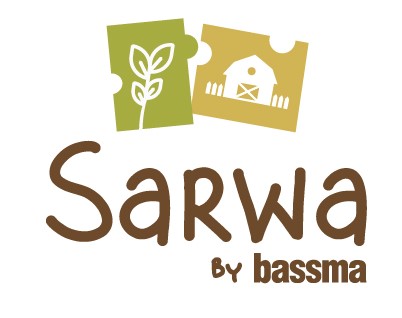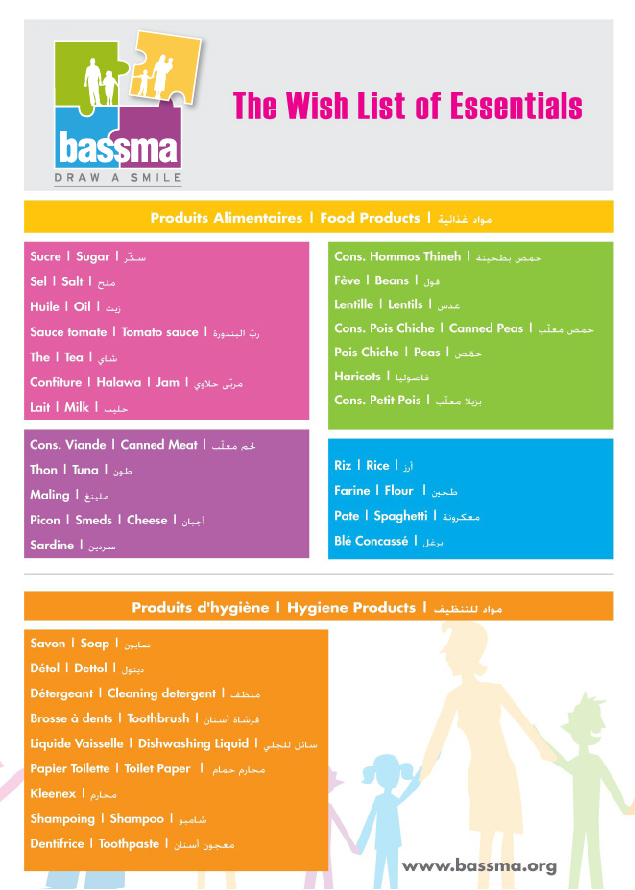source: www.executive-magazine.com
Author: Philip Issa
Every day in the Philippines, select clients of CARD Bank receive a visit from their savings officers who collect as little as half a dollar from each and deposit it in their clients’ bank accounts. The micro-savings initiative, which CARD runs in partnership with the Grameen Foundation, helps people develop financial discipline. Mariner Apdo, a fishmonger, told Grameen, “If I have money at my house, it’s easy to spend it. Yet, if it’s in my savings account, I’m able to save it.”
People like Mariner live in Lebanon. An estimated 63 percent of Lebanese adults do not have a bank account, according to the World Bank, and this in itself makes it a challenge for them to save. And insurance experts say there is a vast lack of awareness on ways in which the poor can access insurance for financial protection against disasters and disability.
For the past two decades, Lebanon’s microfinance institutions (MFIs) have fixed their ambitions on expanding credit access to the country’s poor. By expanding horizontally into micro-savings and micro-insurance, Lebanese MFIs will take a major step toward realizing their social mission to provide the poor with the financial tools necessary to achieve economic stability and growth.
Elsewhere in the world, poor households depend on savings and insurance to finance their livelihoods, according to a comprehensive review published by the World Bank’s microfinance policy and research center, CGAP. “[Poor households] use credit and savings to pay school fees, they save to invest in business, and they use health and crop insurance, when available, to stave off risk.”
Although the Lebanese regulatory environment makes it difficult for MFIs to offer low-balance accounts and micro-insurance [see page 30], the task is not impossible. MFIs can partner with commercial banks to provide savings services to their clients. They need only look to Vitas, an MFI serving 15,468 clients.
Vitas has negotiated an agreement with one of its partnering banks to allow its clients to open savings accounts with a minimum deposit of $50. Because Vitas is a financial institution, its clients build credit histories logged at Banque du Liban (BDL), Lebanon’s central bank, Central Office of Credit Risk, facilitating their transition to the formal banking sector.
The ability to facilitate this transition should be reason enough for other MFIs to rush to BDL to register as financial institutions. Al Qard Al Hassan and Al Majmoua, the country’s two largest MFIs, are both non-profits and cannot access the Central Office of Credit Risk. It is a disservice to their clients, who currently cannot build credit histories off of their legitimate lending and repayment activity.
The Vitas model needs improvement, however. Vitas says that it encourages its clients to open savings accounts, but their scheme is promoted through word-of-mouth alone. More aggressive marketing would yield a better uptake and better social outcomes.
In Malawi, a controlled experiment found that farmers who were offered savings accounts with commitment devices — accounts from which they could not withdraw until a pre-selected date, such as immediately before the planting season — changed their investment and expenditure patterns, and the value of their croup output increased by 22 percent.
If such yield improvements can be attained in the Lebanese agricultural sector, banks and investors will surely notice. This is an opportunity for MFIs to show to the commercial sector that it is not only moral to adopt a social mission, but profitable as well. Farmers and financiers both will win.
Insurance should also be considered a vital component of an overarching microfinance strategy. Youssef el-Khalil, president of the Association for the Development of Rural Capacities (ADR), told Executive that his institution is working to roll out its own micro-insurance product. Khalil said such services could be extended through partnerships with commercial institutions, thus circumventing restrictive regulations on MFIs.
Other MFIs would do well to follow ADR’s example, or to look to the new memorandum of understanding between AXA, the global insurance giant, and Grameen-Jameel, a Dubai-based microfinance joint venture with stakeholders in nine Arab countries, including Al Majmoua in Lebanon. The memorandum, signed seven months ago, proposes to sell micro-insurance through Grameen-Jameel’s network in the Middle East.
Lebanese MFIs should not wait for regulations to change to offer innovative services to their clients. The microfinance and commercial sectors can partner to provide savings and insurance products tailored for the country’s financially marginalized population — an opportunity that is both cost-effective and ethical.
image: soundmoneyproject.org














